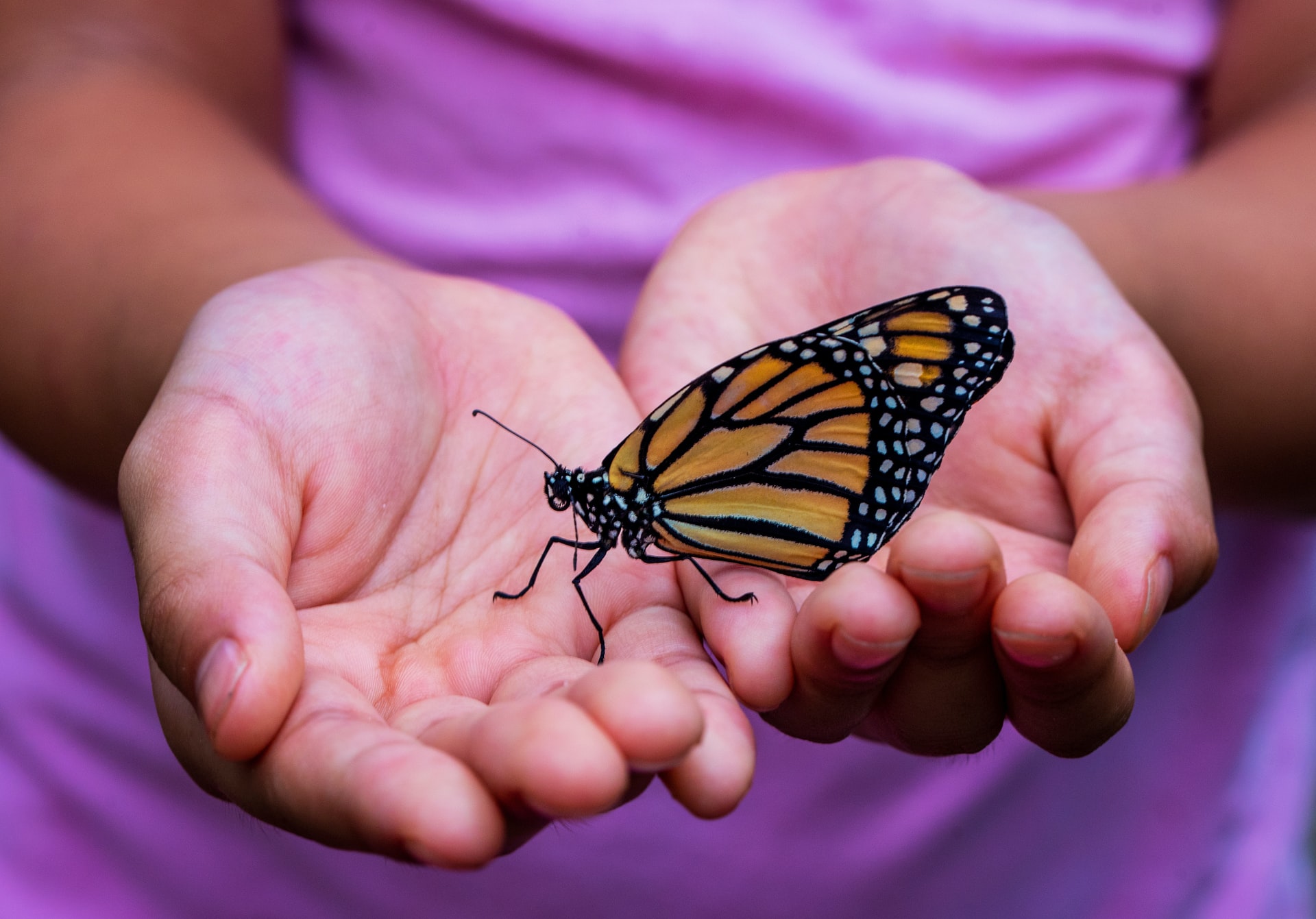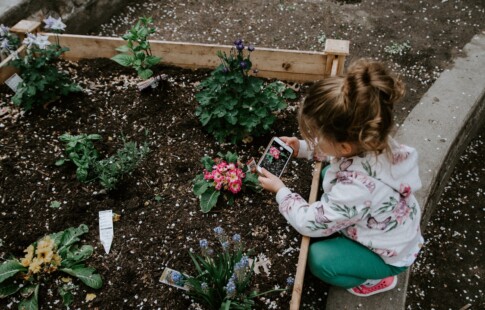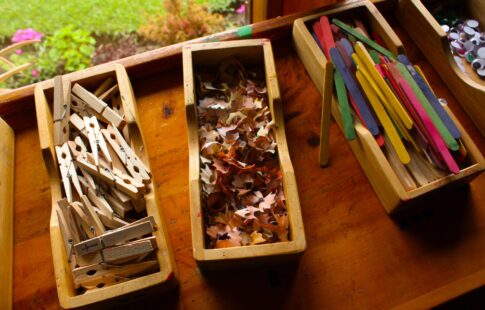
How to Raise Kids Aware of Nature: 8 Tips
We are reader-supported. When you buy through links on our site, we may earn affiliate commission.
Raising your children to value the natural world is wise if you’re a parent. Studies show that children frequently exposed to the outdoors in their youth become better environmental stewards as adults. Stopping and reversing the ravages of climate change will take several generations of effort.
What can you do to inspire your little one to love the great outdoors? Here are eight tips for raising kids aware of nature.
1. Hike
You’re never too young to begin a fitness program, and hiking is the ideal exercise form for nearly every age. According to the World Health Organization, children between 5 and 17 require at least a full hour of physical activity per day. Lacing up your boots and hitting the trail qualifies.
Hiking exposes your kiddos to the wonders of nature in real-time. It may also boost their immune system. Researchers who investigated forest bathers discovered that breathing in the phytoncides that trees and other plants emit increases the number and activity in natural killer cells, your body’s germ-fighters.
2. Adopt a Pet
Animals are a part of the natural world, and adopting one has tons of benefits for your little one. It helps to teach them responsibility when they have to change the water and brush their fur baby daily. It also provides first-hand insight into how all of earth’s creatures are similar in some ways. Who hasn’t seen their dog produce an almost human dejected facial expression after catching them rummaging through the garbage?
Adopting a kitty or puppy might also make your child less allergy-prone. According to one study, children raised in a home with two or more dogs or cats were 77% less likely to develop certain allergies by age 6 than those brought up in pet-free homes. It could be that early exposure to dander allows your little one to produce antibodies, which transfer to different irritants.
3. Plant a Garden
Planting a garden is another fun way for you and your little one to get your bodies moving in the great outdoors. It also provides a food source that comes in handy during high inflationary times. Becoming more self-sustaining gives you peace of mind while you teach your child the ins and outs of saving food scraps for compost and watering tomatoes without wasting this precious resource.
You don’t have to have a backyard or much cash. A few containers on a sunny patio or balcony can do the trick — species like beans and cucumbers grow well in such environments. If you learn how to save your seeds from your produce, you can spare yourself a trip to the nursery.
4. Camp
You can send your kids to a camp — or go as a family. Either way, you’ll immerse your children in nature, giving them a greater appreciation for the wonders around them.
If you’re averse to roughing it, why not consider vacationing at one of America’s top glamping locations this year? Instead of sleeping on the hard ground in a tent, you’ll enjoy a luxury climate-controlled yurt or perhaps a vintage Airstream. However, you won’t have to worry about your kids spending their time in front of a screen if you choose a location that deliberately foregoes WiFi.
5. Visit Science Centers
Science centers aren’t only for school field trips. Many of them have special family discount days — why not take advantage? Learning something new is fun for people of all ages — who knows what you may discover?
Many science and nature centers also offer summer camp programs. If you’re looking for something to occupy the littles this year, why not consider something fun and educational that makes them aware of nature?
6. Birdwatch
What species can you identify right in your backyard? You don’t need any equipment outside of a field guide or an app to start birdwatching with your little one, but a quality pair of binoculars helps.
Your little one’s love of birds could inspire their crafty side. Why not spend a sunny Saturday learning how to build a birdhouse together? If you hang it outside your front window, you can spend the winter watching the family you helped house from the cold.
7. Go Green at Home
Stopping climate change and reversing the damage takes everyone’s cooperation. The best way to instill this sense of stewardship in your little ones is to set an example. Studies show that kiddos imitate what their caregivers do far more than they say.
Therefore, take the following steps if you don’t already and explain why to your children:
- Recycle: Don’t necessarily take your trash company’s word that they sort everything — few such items get reused. Instead, sort materials like cans and glass and take them to the center.
- Change your bulbs: Energy-efficient LEDs save oodles of energy. Plus, you can select fun colors for your children’s rooms — blue or green, anyone?
- Adjust your thermostat: Turning your dial up one degree in the summer and down one in the winter can save you a small fortune on your energy bills while reducing fossil fuel demand.
- Repurpose: Don’t toss reusable items like egg cartons or old tee shirts. Learn how to make them into carriers for tempera paints and artists’ smocks.
8. Volunteer
Finally, you can raise your kids to be more aware of nature by participating in volunteer activities designed to help the environment. Does your town have a community garden? Why not consider getting involved? Nearly every community has a local “keep it beautiful” organization — check with your city hall to connect with yours.
You don’t necessarily need to join a formal group. Serve as an example when out walking or at the playground. If you spy a stray soda bottle, pick it up and recycle it. Your kids will follow your lead.
How to Raise Kids Aware of Nature
How can you raise your kids to be more aware of nature? It matters because children who develop a love of the natural world early take better care of it as adults.
Follow the above tips for raising kids to be more aware of nature. You and your little one can explore the wonders of the natural world together.
Share on
Like what you read? Join other Environment.co readers!
Get the latest updates on our planet by subscribing to the Environment.co newsletter!
About the author
Rachel Lark
Rachel serves as the Assistant Editor of Environment.co. A true foodie and activist at heart, she loves covering topics ranging from veganism to off grid living.





